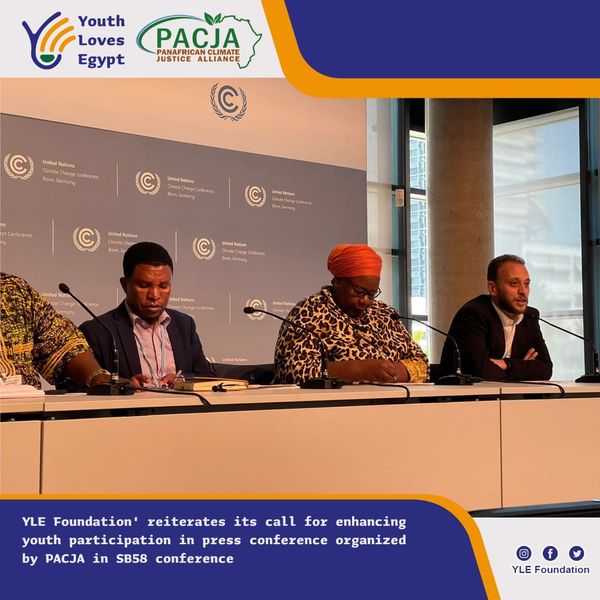Biodiversity is a vital natural asset that life on Earth relies on, encompassing a diverse array of living organisms and ecosystems that work harmoniously to support life. However, biodiversity faces increasing threats due to climate change resulting from human activities, impacting ecosystems and the living organisms they depend on.
Climate change significantly affects biodiversity in many places around the world. Rising temperatures can lead to shifts in the distribution of living organisms, loss of their natural habitats, and alterations in life cycles. These changes escalate extinction threats for living organisms due to the loss of their native habitats.
Reports from UNESCO indicate that more than 13 million hectares of tropical forests were lost from 2000 to 2010 as a result of human activities. According to the World Wildlife Fund report, the number of large fish in the oceans has declined by 90% in the past century.
Preserving biodiversity is essential for the continuity of life on Earth. Biodiversity contributes to providing food, medicines, shelter, and other ecosystem services vital for humans and other living organisms.
Given the importance of biodiversity, it is among the three main topics to be discussed at the Sixth Session of the United Nations Environment Assembly (UNEA) in Nairobi this month.





